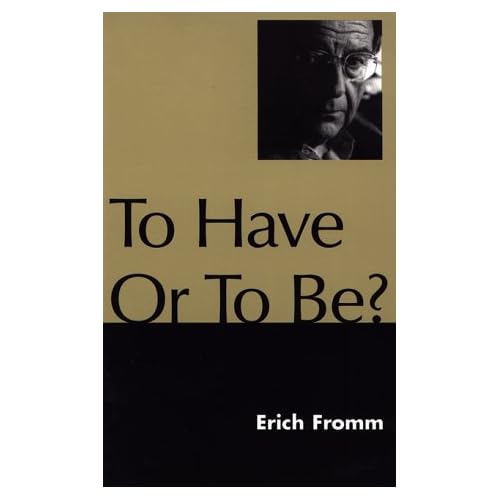A year ago the company I work for was getting new business cards made. They asked me what to put under my name, perhaps “software development” or my academic degree1?
So I got to thinking. I don’t really see myself as a “software programmer”, which to me sounds like a mere implementor of concepts developed by others (requirement engineers, interaction designers, etc). I do not mean this to sound dismissive: implementing a concept can be devilishly difficult and often requires creative technical solutions. “Software developer” is a bit better, because it can be understood to include parts of the non-technical creative process.
But ultimately, neither brings across my values and my motivation, which is building the best product I can. So I chose “software craftsman”. (To compeople’s credit, they had this printed without demurring; have I mentioned it’s a great place to work?)
For one, craftsmanship is all about creating things to the best of one’s ability, and to take pride in one’s work. Secondly, craft has elements of science (algorithms!) as well as art (“design is how it works”), beautifully expressed in the ancient Greeks’ triangle of “poeisis—techne—praxis”. And lastly, I associate craftsmanship with a certain humility towards the craft and its acknowledged masters—a sense that I although I have acquired a respectable set of skills, I can still learn a lot from the masters, continually improving my skills.
From craftsman to master
Historically, the profession of craftsmen developed in the cities during the Middle Ages. A young man would learn his craft—e.g. carpentry, plumbing, shoe-making, masonry—from a master. After completing the apprenticeship, he would set out into the world as a journeyman, taking a vow not to return to within a day’s march of his home town for three years and a day.
Dressed in an easily recognizable costume (broad-brimmed black hat, flaring pants, and a finely sculpted wooden curly walking stick), and with nothing but a small bag to his name, a craftsman would travel from town to town, working for master craftsmen in exchange for a modest wage and a place to sleep.
Only after these wanderjahre—journeyman years—would he work on his meisterwerk and submit it to a guild for becoming an accredited master of the craft.
(If this piqued your interest, Der Spiegel and The Guardian both have published interesting articles about the journeyman tradition.)
Being and becoming
I find this an amazing tradition. By traveling extensively, the craftsman gets to know the world (many literally journey to continents far away) and meets so many different people. By working with ever-changing people and projects, he hones his technical skills, his people skills, his work methods. And, extrapolating from my own half-year of vagabonding in South America, I have no doubt that the journeyman years are an experience that shapes the craftsman’s view of the world and of himself.
One aspect I particularly like is that a journeyman leaves his home town with almost no possessions and a very modest amount of money—and shall return, after his wanderjahre, with the exact same amount of money. The journey “should be undertaken only for the experience” (Wikipedia). Such a lifestyle, without a phone, without shelves full of your favorite books, without an apartment you call home, may seem reduced, but I experienced it to feel enriching instead. Having nothing intensifies the sensation of being and becoming.
And now, without further ado:
I quit my job
I’m going to New York. I’ve quit my well-paying job at a wonderful company, ostensibly leaving behind my talented and esteemed colleagues and all the interesting things I did. Why do such a thing, you ask?2
Part of it is that I’ve been wanting to live in New York once, to experience everyday life in this crazy bustling city. Last time I was there I was still a kid,3 and anyway I believe living there to be way more exhilarating than visiting.
The other part is that I feel a kind of kinship with people who create products with passion, and I hope to meet some of these people, be they knife makers or app makers, and to learn and be inspired by them.
Today I told my colleague Christian about the fascinating concept of journeyman years,4 and he immediately reacted with Hey that sounds much like what you’re up to! And while I hadn’t initially considered my plans in this light, I do see the overlap in values and motivations.
So, while I am very grateful for the amazing opportunities my company and colleagues have given me over the past three and a half years, I am excited to explore broader horizons, to diligently work on my craft.
And to see what happens.
-
Germans are known to be fond of degrees and titles. Mine would have been an unwieldy „Dipl. Wirtsch.-Inform.“ (official abbreviation, seriously). ↩
-
OK, maybe you didn’t. My mom did, though. ↩
-
Pruning my childhood possessions at my parents’ house, I recently discovered the admission tickets to the WTC observation deck… ↩
-
Did you know that “Waltzing Matilda” (once a jolly swagman …) refers not to a dancing woman but to an Australian journeyman’s scant cloth-bound belongings? ↩

